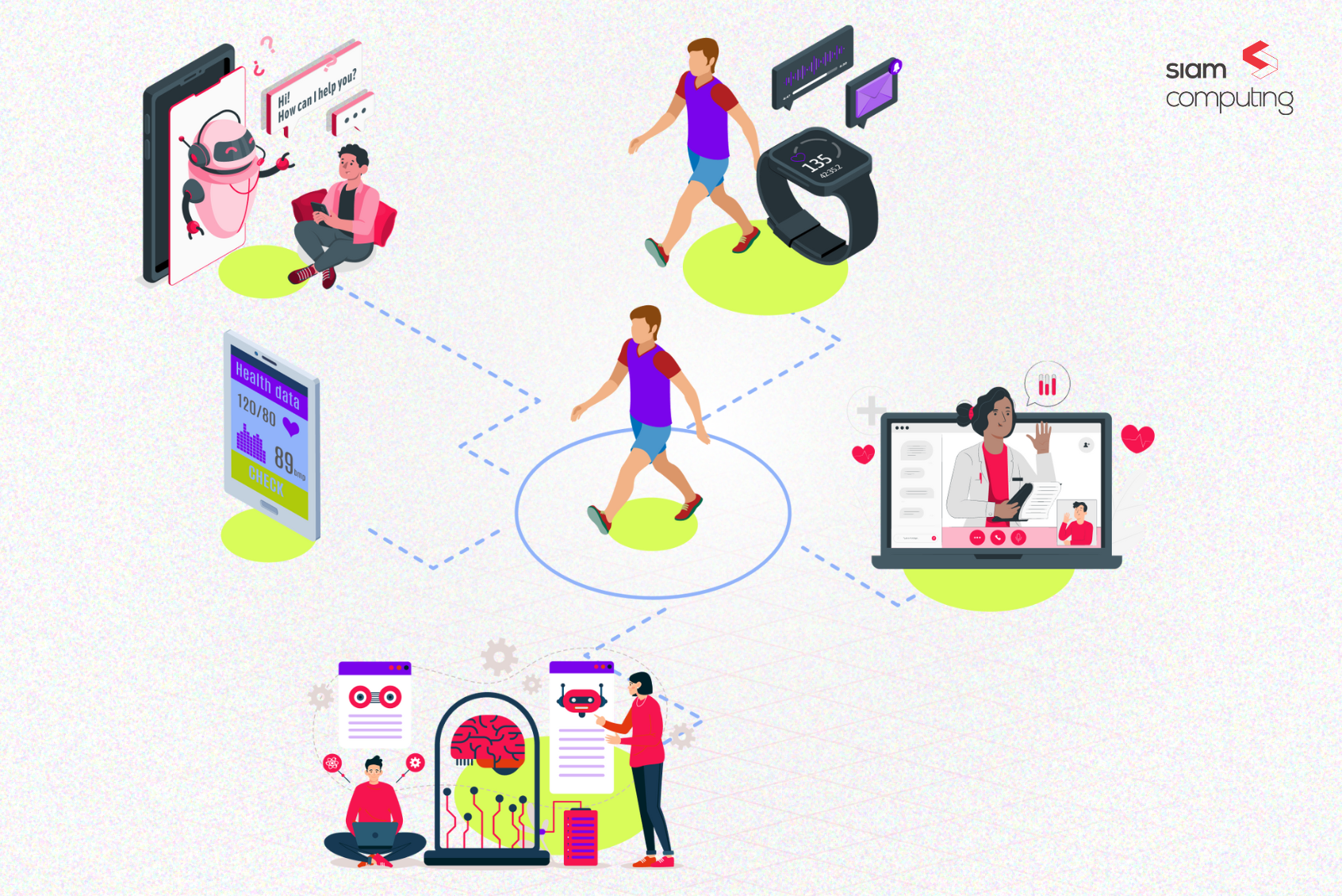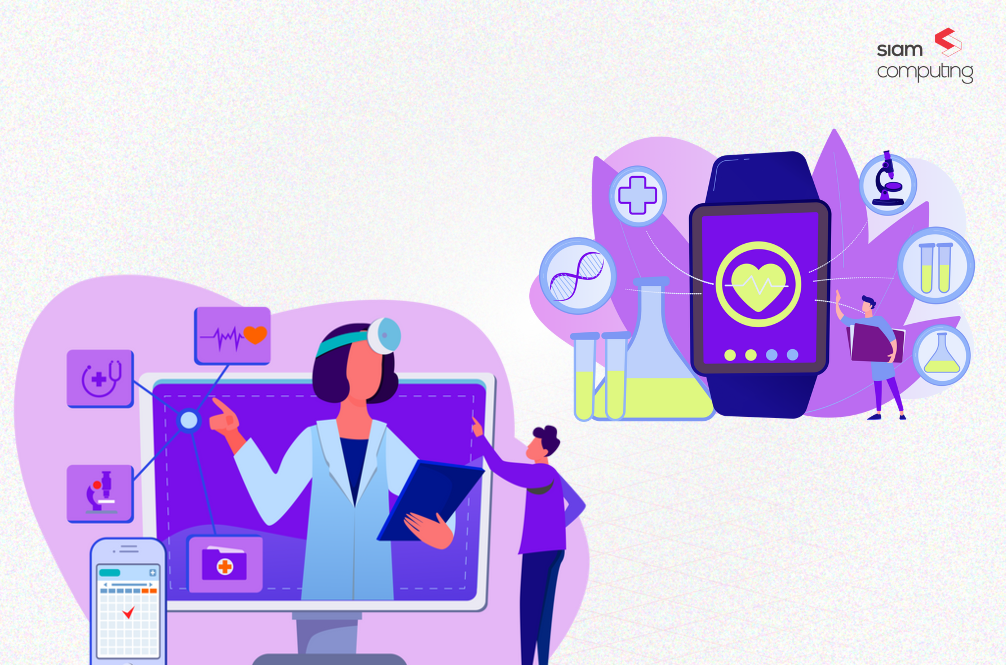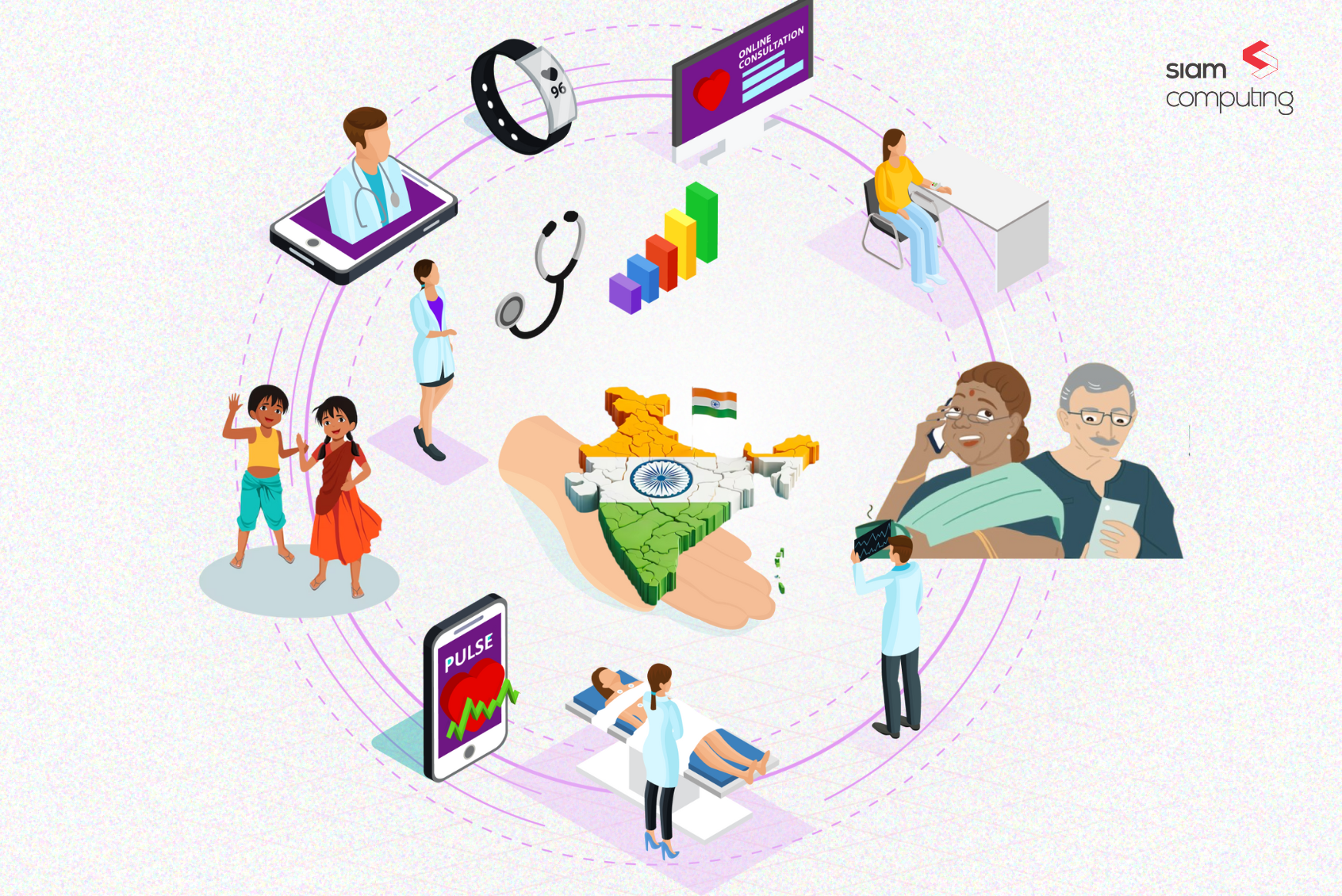This article is a deep-dive analysis of different factors and parameters involved in developing mobile apps for the two major operating systems: Google Android and Apple iOS. Discussions that are held on the comparison between the two OSes have largely been from the users’ perspective. This article will strike a straight-out comparison between Android and iOS operating systems from a business viewpoint and app development perspective.
Here are several comparative insights that are based on a wide set of factors. Let us run through each of them and analyze the pros and cons of choosing iOS vs Android Development.
Here is a list of top 16 factors and considerations based on which Android and iOS app development processes are compared in this article:
- Your target audience
- Global market share
- User’s nature, loyalty, and familiarity with technology
- Complexity in app development
- Desired app features
- Timeline and speed
- The spending power of the users
- Hardware requirements
- App compatibility
- Coding complexity
- User interface design
- Device-specific design and development
- Overall app development budget
- Approval time (to get published)
- App testing
- Customization
#1 Your target audience
You need to be mindful of the geographical and demographical characteristic features of your target audience. If you are looking out to cater to a global audience, Android apps should work for you. Whereas, iOS apps cater to the upmarket and niche segments. For example, eCommerce apps or enterprise business apps work well in iOS especially in countries like North America or Western Europe.
#2 Global market share
Android holds the lion share of the global app market. Catering to a broad spectrum of people across different countries from Asia, Latin America, and Africa, it is estimated that Android apps would continue to top the charts in the next decade too. iOS app businesses prosper in continents like Australia, the Western and the middle parts of Europe, and North America.
#3 User’s nature and familiarity with technology
The nature of the audience is very influential in choosing your OS. For example, trendy apps work well if built on iOS platforms. Because iOS holds the biggest share of audiences aged between 18-24 years. Also, this age group is well-exposed to the latest trends and technologies and familiar with modern design elements. If your business is a conventional one, say an app version of the newspapers, which most interest aged people, Android will work for you.
#4 Complexity in app development
If you are looking out for a less complex app development process, iOS should be your choice. The main reason is that there are fewer devices and variants in Apple iOS. Android app development comes with different builds, different devices, and various specifications. Apple is the only company that runs on iOS, so there is no need to develop a common code base for multiple builds and devices.
#5 Desired app features
Android is a flexible platform that lets developers incorporate multiple app features compared to iOS. The open-source coding of Android facilitates developers to customize features tailored to the business and customers’ needs. iOS isn’t as flexible as Android and it comes with a limited set of features.
#6 Timeline and speed
If you want a time-sensitive solution, iOS should be your choice any day. It is studied that iOS apps can be built 40% faster than Android apps. Open source coding, lack of standardized procedures, numerous devices, multiple versions, different builds, varied specifications – all these reasons make Android app development a time-consuming process.
#7 Spending power of the users
It is studied that Apple mobile users have 40% higher spending capabilities compared to Android users. So if your business targets luxurious people who can afford expensive products, then Apple iOS is your go-to operating system. Another interesting fact is that iOS has got more women users when compared to Android. This gives you cues on how to evaluate the market, your audience, their spending nature, and choose operating systems rightly in accordance with the above factors.
#8 Hardware requirements
If you want to build Android apps, all you need is a developer and a system. Android apps can be developed on any computer – Windows, Linux, or Mac – that doesn’t matter. But iOS apps can be built only on Mac. You also need to hire developers who are familiar with using Mac devices. If you are looking for an economical and budget-friendly app development solution, developing iOS apps (that too, in-house) isn’t an ideal decision.
#9 App compatibility
Meeting compatibility with multiple devices and platforms makes Android app development a complex and less compatible process. iOS app development is comparatively more compatible with fewer target platforms. If you want a programming language that is 100% compatible with Java, Koltin is the best option. That means, all the frameworks and libraries used for Java will hold compatible with Koltin too.
#10 Coding complexity
Swift is a more difficult option for developers since it makes coding tedious and time-consuming. Especially, if you work with apps that are developed in earlier versions of the language, Swift is definitely a complex coding option for developers. There is a huge difference between the two versions of the same language, which takes developers’ extra effort to keep up with and cope up.
#11 User interface design
Both the operating systems – Google Android and Apple iOS behave similarly when it comes to design guidelines. The publishing and launching of the apps on the stores demand you to abide strictly by their guidelines. Android app developers need to follow the material design guidelines formulated by Android. iOS too has got similar design guidelines to be followed.
#12 Device-specific design and development
Device responsiveness comes as a pressing issue for apps. The iOS app development is relatively a breezy process and can be called a cakewalk in this regard, majorly because of its limited device variants. Whereas Google Android caters to a huge and massive marketplace that has numerous device variants. Developers need to go the extra mile to meet responsive screens in Android apps.
#13 Overall app development budget
The development cost is cheaper for iOS apps when compared to Android apps. Android apps require a strong team in place along with the best technology and resources. But when it comes to running on the app stores, iOS apps are more than 5 times costlier. Also, the Android play store demands just one-time payment while it is an annually recurring payment with the iOS app store.
#14 Approval time (to get published)
Android apps get published in a matter of a few hours. While a team real humans evaluate your iOS app before publishing the average approval time goes up to a week in the iOS app store. But, if you adhere to their guidelines strictly there are chances that your iOS apps see the light of the day quickly.
#15 App testing
Apple’s testing platform iOS simulator is said to be faster when compared to its Android counterpart – Android emulator. But there’s a concern with iOS app testing that the results aren’t accurate and realistic. Android emulator is a more efficient, accurate, and real-time testing platform, although it usually takes a longer time to test multiple devices in real-time.
#16 Customization
Because of the strict regulations and guidelines, the possibilities of customization are lesser with the app store when compared to the Play Store. That’s the prime factor why iOS apps largely look and feel the same. Less room for innovation, creativity, and customization has been considered the biggest turn-off of iOS apps by many developers. Android comes with a full suite of customizable features.
In an overview, each operating system has its own positives and shortcomings. Depending upon the target audience you cater to and your business requirements, you need to choose the one that best fits your objective. This comparison is to give you a heads-up only on choosing the platform to develop your app in the first place. This doesn’t limit you to confine your app development to a single OS. In an increasingly competitive marketplace, if you want your business to thrive successfully, it becomes pivotal that you develop apps on multiple operating systems so that you cater your business to audiences of all cadres.
Staying in the know is essential and we wrote this chapter with an aim to let you have a 360-degree overview of both the operating systems in a broader business picture. In the upcoming chapters, we will discuss in detail the other areas of app development technology, say coding standards, testing, and app publishing.
Watch this space for more insightful chapters on app development. If you are looking for a android app development company in Chennai or iOS App Development Company in Chennai contact us today. Siam Computing has 15+ years of expertise in developing adept mobile applications for different brands across the globe. A team of tech savvies that comprise engineers, developers, designers, content specialists, digital marketers, testers, and mobile app specialists work together with indomitable spirits and deliver proficient mobile app experiences to your customers.
| Mobile apps are integral to the success of a business. With technology and innovation, Siam Computing helps you deliver the best mobile app experiences to your customers. Subscribe to our newsletter and stay updated. |








